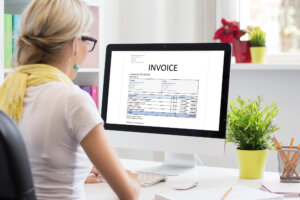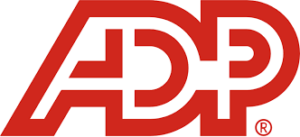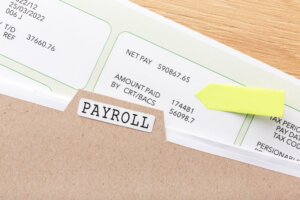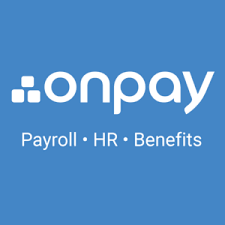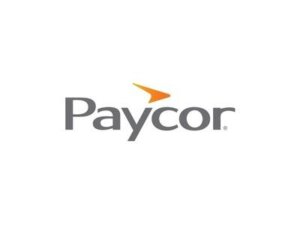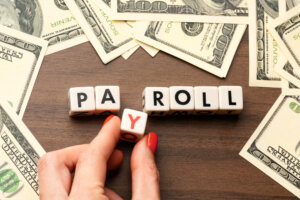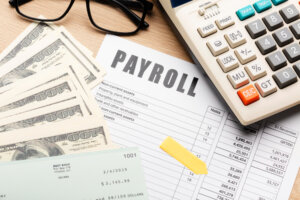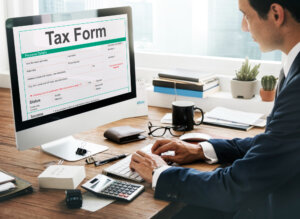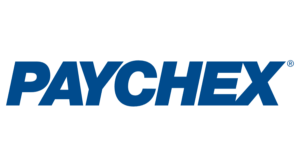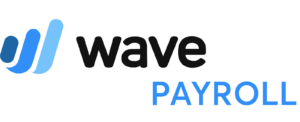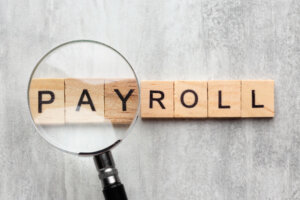A payroll card is much like a prepaid debit card, but an employee doesn’t need a bank account to receive funds. Many people no longer regularly carry cash, so having your paycheck directly deposited onto a card is more convenient. It’s an ideal paycheck alternative for employees who may not qualify for a bank account.
The payroll card is one option for allowing greater flexibility and convenience to people without bank accounts. However, not all employers are able to offer paychecks through payroll cards.
What Is a Payroll Card?
A payroll card is a way of receiving a paycheck from your employer. However, instead of handing you a paper check or depositing money directly into a bank account, a payroll card is similar to a prepaid debit card or gift card. It carries a balance which you can spend down, and which can then be topped up by your employer on payday. Additionally, like a prepaid card, a payroll card isn’t linked to a bank account.
As a result, rather than being issued by a bank or credit card company, payroll cards are issued by a third party. Employers can work with those providers, who may offer payroll cards to employees as an option to receive their paycheck.
The issuer may be a payroll service provider or an employer may work directly with a card issuer like Visa or Mastercard. Some of the best payroll software options are also starting to offer payroll cards.
Prepaid General Use Cards
Payroll cards are one of several types of prepaid cards, specifically belonging to the general use category. Rather than being similar to gift cards or store credit cards, which are limited in use, they can be used anywhere a debit card can be used. In fact, in practice they are very similar to a standard debit card.
Modern payroll cards offer many of the same features as a debit card, including the ability to track your balance online and draw cash from an ATM. On the other hand, payroll cards don’t require you to obtain a bank account or meet the requirements for one. For some people, particularly in lower income brackets, it can be difficult to qualify for a standard checking or savings account. Of course, some people also opt to do without a bank account for a variety of other reasons.
Not having a bank account can present a number of challenges. In particular, without one, only cash transactions or transactions using money orders are possible. Payroll cards allow people who aren’t able to get a bank account, or who would rather do without one, the convenience of using a card rather than depending on cash.
Benefits and Disadvantages of Payroll Cards
Payroll cards offer some advantages to employers, saving the fees for printing checks or direct deposit. However, it remains a relatively uncommon choice among employees, with most preferring direct deposit. A quick comparison of the potential pluses and minuses to employees might reveal why.
Benefits
The benefits of payroll cards include:
- Allows online shopping: One of the primary limitations of cash in the modern age is you can’t use it to buy stuff online. A payroll card can be used just like a debit card, including for online shopping.
- Flexibility: You can use your card or get cash out at an ATM to use, if that’s your preference.
- Convenience: Getting a check and cashing it takes time and potentially a trip out of your way. A paycheck is deposited immediately to a payroll card, without the delay.
- No prerequisites: Unlike a bank account, there’s no need to have a minimum balance. Problems with previous accounts also don’t present a barrier.
It’s worth noting that bank accounts share all of the same benefits, with the exception of the last.
Disadvantages
There are only a few disadvantages to payroll cards, though they are significant:
- Fees: Payroll cards usually come with a range of fees, including activation fees, inactivity fees, ATM fees, fees for paying bills, and potentially a long list more. In particular, there’s a fee for replacing a lost card.
- Fewer Safeguards: Most bank accounts come with protections against fraud and identity theft. Payroll cards don’t have those same safeguards, which may make using them online less attractive.
Who Uses Payroll Cards?
In general, payroll cards are used by relatively few employees, despite being made available by more employers all the time. There are a number of reasons that might be the case, but the higher potential for incurring fees is probably a significant barrier to adoption. Payroll cards are more likely to be offered to lower income employees and any potential fees would end up taking a bigger bite out of their pay.
What Is Flexible Payroll?
Flexible payroll refers to a feature some payroll providers are just beginning to implement. The underlying idea is that, instead of having a fixed payday, employees can bank work and then receive pay when it’s convenient for them.
At the moment, there is still a regular pay schedule and flexible pay is deducted from a future paycheck, more-or-less like an advance. That may be at least partly because of payroll laws. However, it’s easy to imagine a future where the calendar of paydays is abandoned entirely.
Anyone who knows how to do payroll may wonder how that’s possible. However, payroll providers, such as Gusto, that use computers and cloud-based systems for managing time keeping means that they can keep a running tally, instantly transfer money, and still track deductions.
Frequently Asked Questions (FAQs) for Payroll Cards
Looking for the answer to a specific question? Check out our answers to common questions below.
Bottom Line on Payroll Cards
Payroll cards offer a number of advantages. However, they’re unlikely to be widely adopted when fees are liable to cost an employee an appreciable part of their paycheck. While payroll cards may remain uncommon, flexible pay has the potential to become a popular and common feature.

